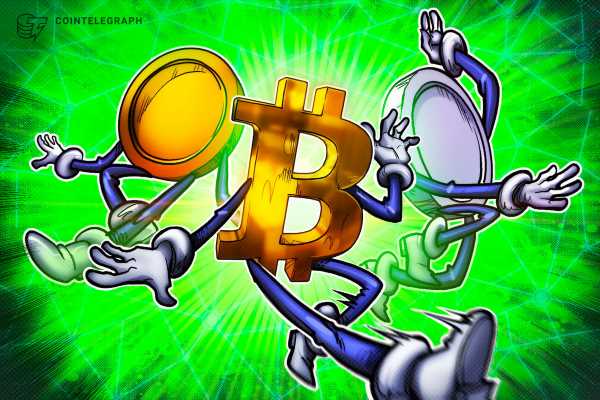Bitcoin’s BRC-20 token standard has become the latest trend in the crypto ecosystem, especially after the Pepe meme coin rise in recent months. A total of 8,500 different tokens have been minted using the BRC-20 standard, and the majority of these BRC-20 tokens are meme coins, such as Pepe and Meme.
BRC-20 is an experimental token standard on the Bitcoin (BTC) blockchain modelled after Ethereum’s ERC-20. It allows programmers to create and send fungible tokens via the Ordinals protocol.
Although modelled after ERC-20, the BRC-20 token standard is fundamentally different from its Ethereum-based counterpart. BRC-20 tokens don’t make use of smart contracts. The token standard also requires a Bitcoin wallet to mint and trade these tokens.
The BRC-20 token standard was created early in March this year by an anonymous on-chain analyst called Domo. The objective was to make it possible for fungible tokens to be issued and transferred on the Bitcoin blockchain. The market cap of BRC-20 tokens has exploded over the past month and currently sits at $120 million, a 600% rise from the last week.
The BRC-20 token frenzy has also dwarfed the original number of Bitcoin transactions on the blockchain. The number of BRC-20 transactions on the Bitcoin blockchain between April 29 and May 2 reached over 50% outperforming regular BTC transactions.
Related: Bitcoin metrics to the moon: ATH for hash rate, daily transactions and Ordinals
The BRC-20 token volume peaked on May 1 with 366,000 transactions, and the total number of transactions on the network is 2.36 million.
Along with the rise in the number of BRC-20 transactions, the transaction fees have also seen a significant surge due to the new token activity. Since its inception in late April, the network has generated an additional 109.7 BTC in transaction fees for miners.
The meme coin frenzy has been a notable topic on the Ethereum (ETH) blockchain, but with the rise of the BRC-20 standard, a similar trend is also observed on the Bitcoin blockchain. The meme coin frenzy has also led to a significant rise in Ethereum network gas fees leading to network congestion as well.
Magazine: Bitcoin in Senegal: Why is this African country using BTC?
Source: Read Full Article



